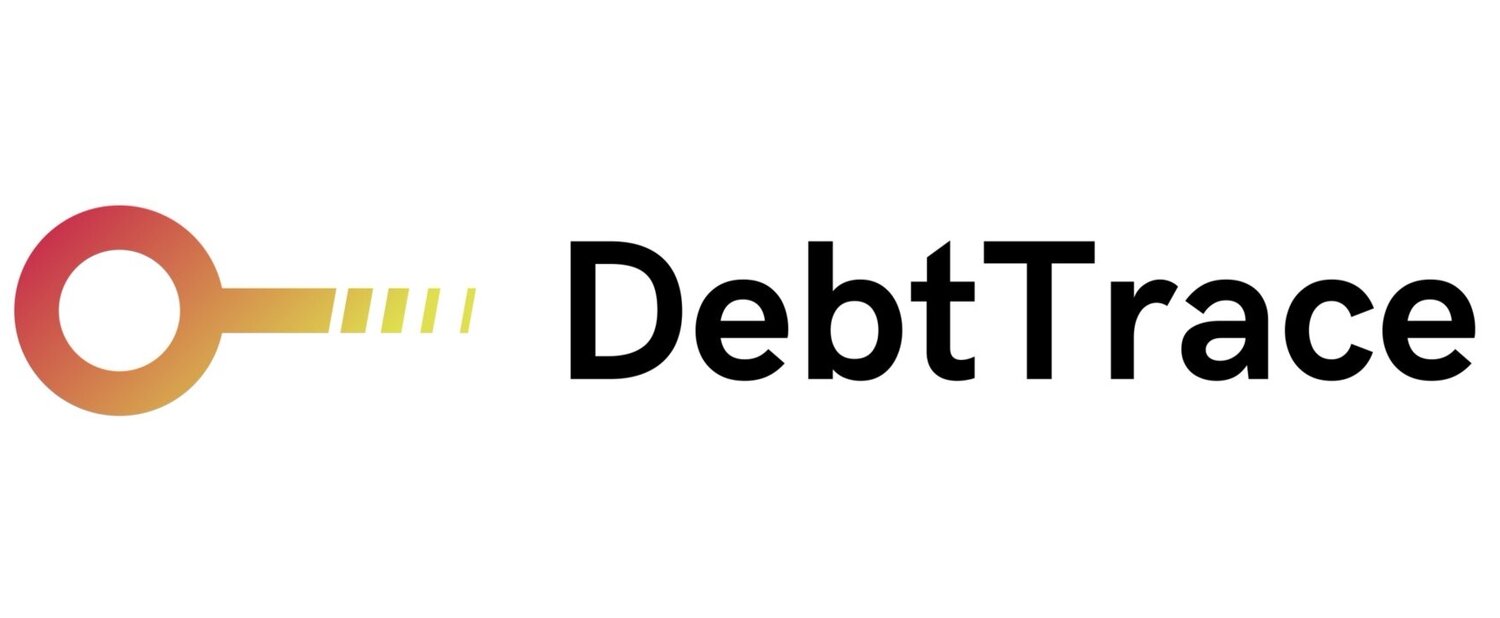The Legal Framework for Debt Collection in the UK
Debt collection in the UK is a tightly regulated industry designed to balance the interests of creditors and the rights of debtors. Understanding the legal framework is essential for businesses involved in debt recovery, ensuring they operate within the law and maintain ethical practices.
This article delves into the key regulations and laws governing debt collection, recent changes in legislation, and their implications for the industry.
Struggling with unpaid debts? Start recovering what's owed to you today.
Overview of Debt Collection Laws
The primary laws and regulations that govern debt collection in the UK include the Consumer Credit Act 1974, the regulations set by the Financial Conduct Authority (FCA), and the oversight provided by the Financial Ombudsman Service (FOS).
The Consumer Credit Act 1974
The Consumer Credit Act 1974 is a cornerstone of UK consumer protection law, specifically in the context of credit and debt collection. This Act regulates credit card companies, loan providers, and debt collection agencies.
Key provisions include:
- Licensing: The Act requires that any business involved in consumer credit or debt collection must be licensed by the FCA.
- Consumer Rights: It provides significant protections for consumers, including the right to a fair and transparent process when being pursued for debt.
- Dispute Resolution: The Act mandates that consumers have the right to dispute a debt and that debt collectors must provide clear evidence of the debt's legitimacy.
Financial Conduct Authority (FCA) Regulations
The FCA is the regulatory body that oversees financial services firms and markets in the UK. It has specific guidelines and rules for debt collection practices to ensure they are fair, transparent, and respectful of consumer rights.
Key FCA regulations include:
- Fair Treatment of Customers: The FCA requires that firms treat customers fairly, which includes providing clear information and being sympathetic to those in financial difficulties.
- Communications: Debt collectors must ensure their communications are not misleading or aggressive. They must clearly identify themselves and provide accurate information about the debt.
- Vulnerability: Firms must have policies in place to identify and support vulnerable customers, ensuring they are treated with additional care.
Financial Ombudsman Service (FOS)
The FOS acts as an independent arbiter in disputes between consumers and financial services providers, including debt collection agencies. If a consumer feels they have been treated unfairly or unlawfully, they can escalate their complaint to the FOS. The service aims to resolve disputes fairly and impartially, providing another layer of consumer protection.
Changes in Legislation
The debt collection landscape is continually evolving, with new legislation and amendments being introduced to address emerging issues and improve consumer protection. Some recent changes and proposed amendments include:
The Breathing Space Scheme
Implemented in May 2021, the Breathing Space (or Debt Respite) Scheme provides individuals with temporary protection from creditors while they receive debt advice. Key features include:
- Moratorium Period: Debtors receive a 60-day period during which most creditor action is paused, giving them time to seek advice and develop a debt solution.
- Mental Health Crisis Breathing Space: Individuals undergoing a mental health crisis receive additional protections, with the moratorium lasting the duration of their treatment plus 30 days.
The scheme aims to provide individuals with the necessary time and space to manage their debts without the immediate pressure of enforcement actions.
Proposed Changes to the Consumer Credit Act
The UK government has signaled its intention to reform the Consumer Credit Act to modernize the framework and ensure it remains fit for purpose in the digital age. Potential changes under consideration include:
- Simplifying Terms and Conditions: Making the terms and conditions of credit agreements easier to understand for consumers.
- Enhanced Digital Processes: Updating provisions to better reflect the digital nature of modern financial transactions and communications.
- Strengthening Consumer Protections: Introducing new measures to enhance consumer protections, particularly for vulnerable individuals.
Increased Focus on Vulnerable Customers
There is a growing emphasis on protecting vulnerable customers within the debt collection process. The FCA has been pushing for more robust measures to identify and support these individuals. This includes:
- Training for Debt Collection Staff: Ensuring that staff are adequately trained to recognize signs of vulnerability and know how to respond appropriately.
- Tailored Support: Providing bespoke support options for vulnerable customers to help them manage their debts effectively.
Implications for the Industry
The evolving legal framework for debt collection in the UK has significant implications for businesses involved in debt recovery. Key considerations include:
- Compliance: Businesses must stay abreast of the latest regulations and ensure their practices comply with all legal requirements. This includes regular training and updating of internal policies.
- Ethical Practices: There is an increasing expectation for ethical behavior in debt collection, with a focus on fair treatment and support for vulnerable customers.
- Technology Adoption: The shift towards digital processes necessitates the adoption of technology that can handle the complexities of modern debt collection while ensuring compliance and consumer protection.
In conclusion, the legal framework for debt collection in the UK is comprehensive and designed to protect both creditors and consumers. Staying informed about current laws and upcoming changes is crucial for businesses to operate effectively and ethically in this space. As the landscape continues to evolve, companies must adapt to ensure they remain compliant and maintain the trust of their customers.
Struggling with unpaid debts? Start recovering what's owed to you today.
